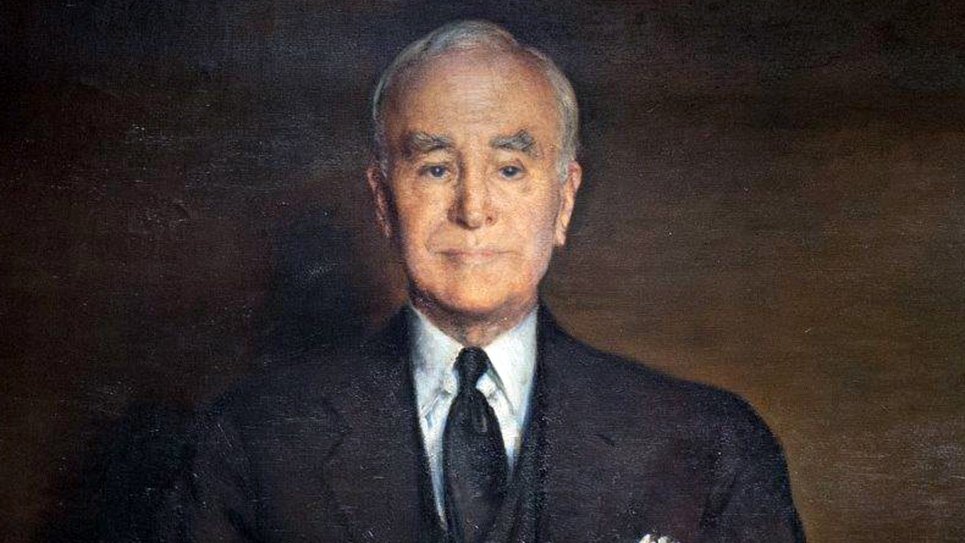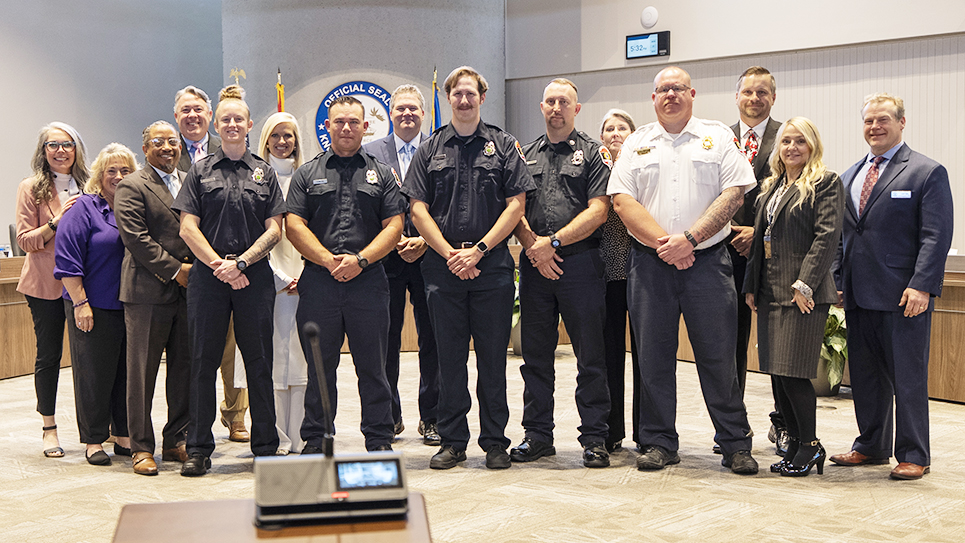By Jed McKeehan
I was recently in Sevier County and saw a car advertising sticker for a bail bondsman service and their tag line made me chuckle, “Because We All Have That One Friend.”
Maybe you can relate to that. Bailing someone out of jail is never fun, having to be bailed out of jail is even less fun. A bail bond is what you have to pay to get your friend out of jail, but how does the bail bondsman come in to the picture?
First, let’s define what a bail bond is. When someone gets arrested, they will be provided a court date for when their case will be heard. If they decide they do not want to stay in jail until their court date, they can try to convince someone to pay their bond. This bond has been set by a judge or magistrate. This bond is to insure that the defendant will show up for their court date.
This bond can be paid in two different ways. The first option is to pay the bond in full. This is rare because it requires that someone come up with a large amount of cash to pay the bond. If the bond is paid in full, then there is no bondsman involved in the matter. In addition, at the end of the case, the defendant will get reimbursed by the court all the money they paid to be released from jail.
However, in the majority of the situations, individuals cannot pay the bond in full, so they will pay roughly ten percent of the bond amount to the bondsman. The bondsman is then able to get the individual released from the jail.
How is this possible? It works for both parties, because the defendant doesn’t have to pay as much to get out, and the bondsman gets to keep the money that is paid to them by the defendant. The defendant does not get that money back, it is gone forever.
In exchange for the money they receive from the defendant, the bondsman is supposed to insure the appearance of the defendants at their court date. How does a bondsman insure that someone will come to court? They do this by researching the defendant before they bond them out, by finding out where they live, where they work and where they can be found if the bondsman needs to track them down. Hopefully, you don’t have to use a bail bondsman frequently, but if you ever have to use one, now you know how their system works.
Jedidiah McKeehan is an attorney practicing in Knox County and surrounding counties. He works in many areas, including criminal, personal injury, landlord-tenant, probate, and estate planning. Visit attorney-knoxville.com for more information about this legal issue and other legal issues.






